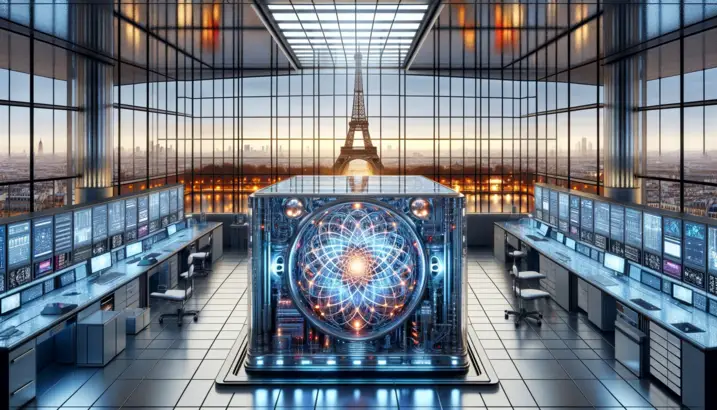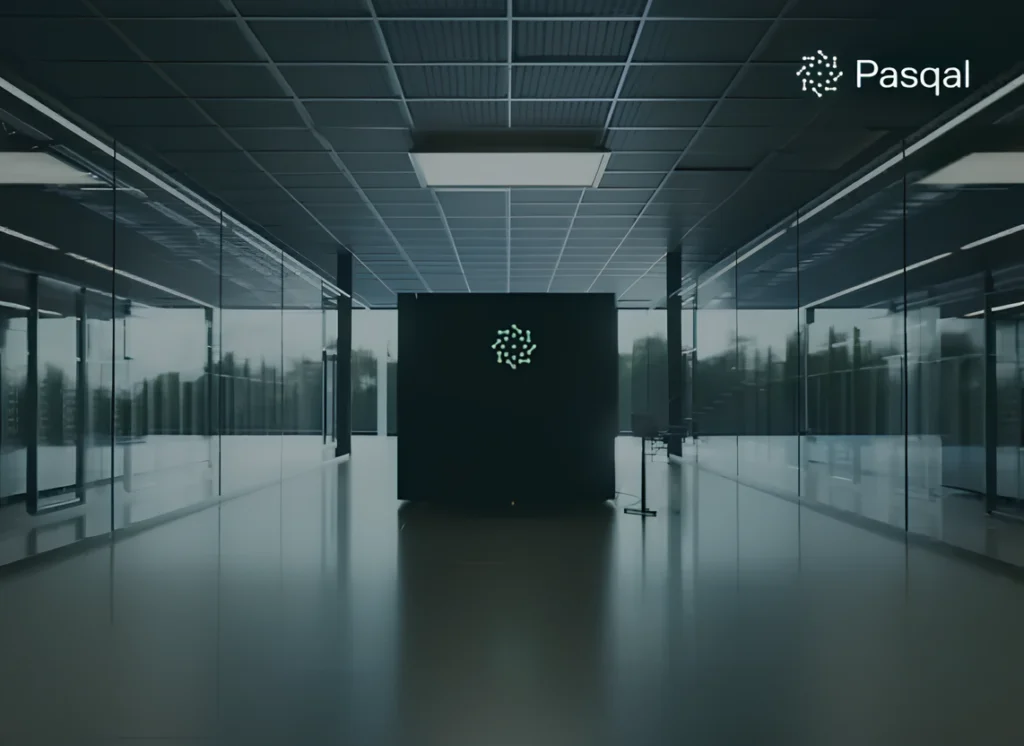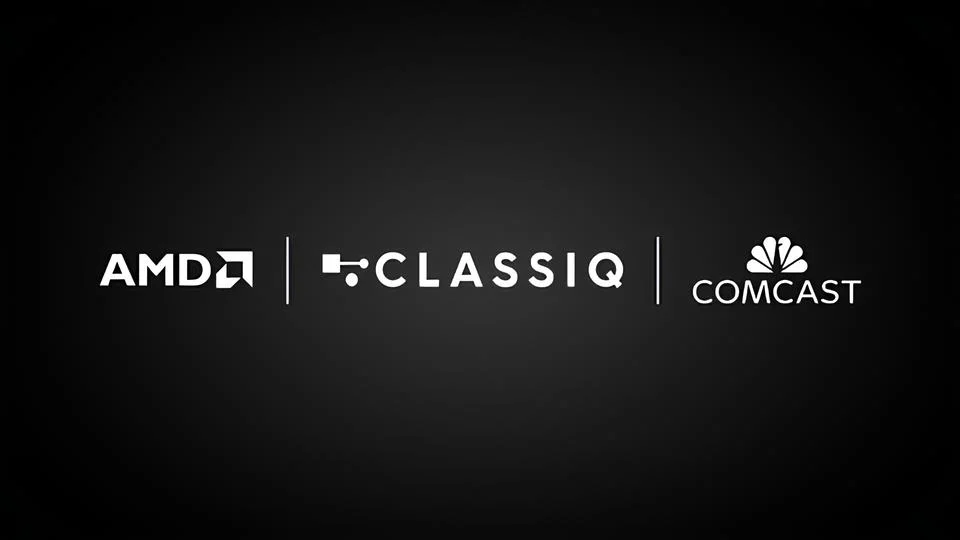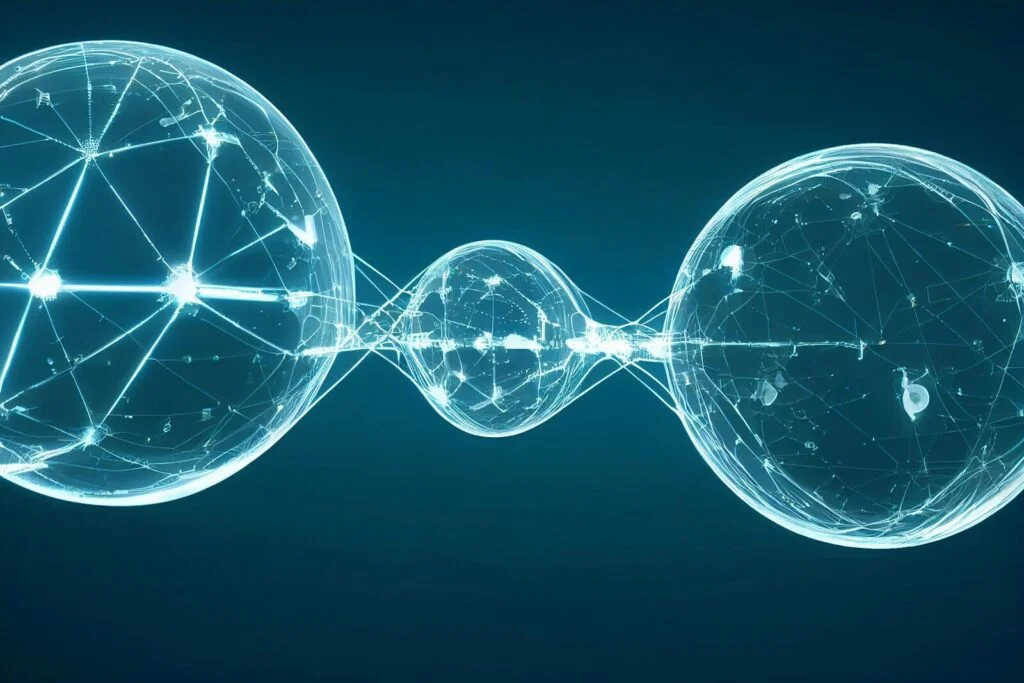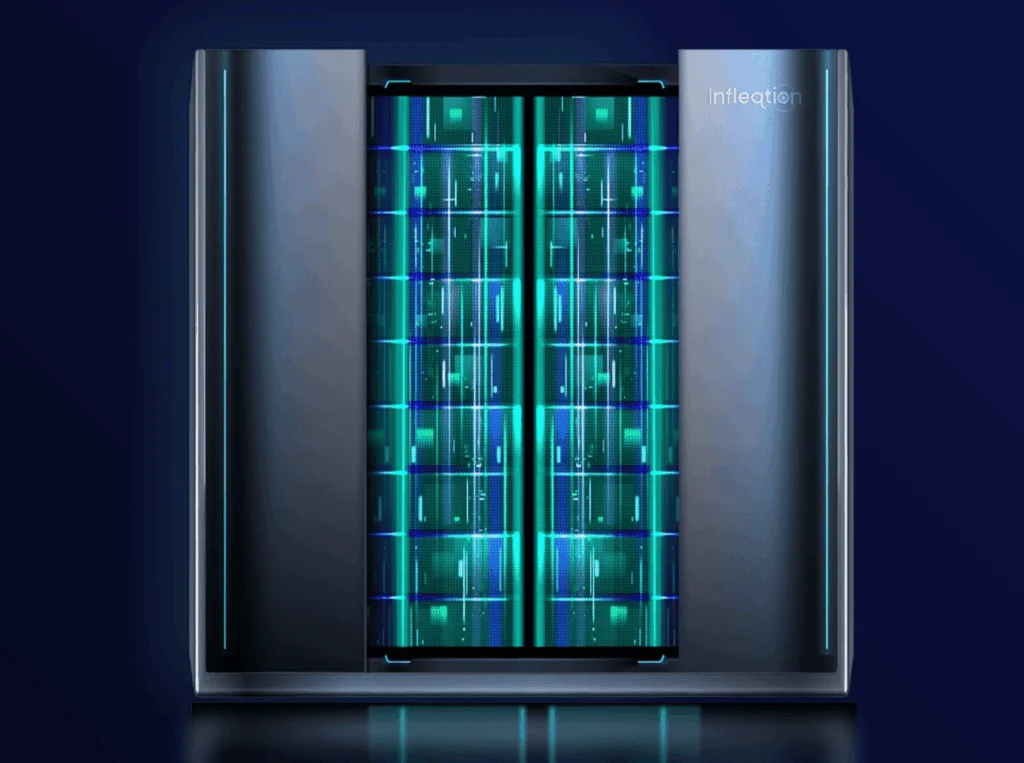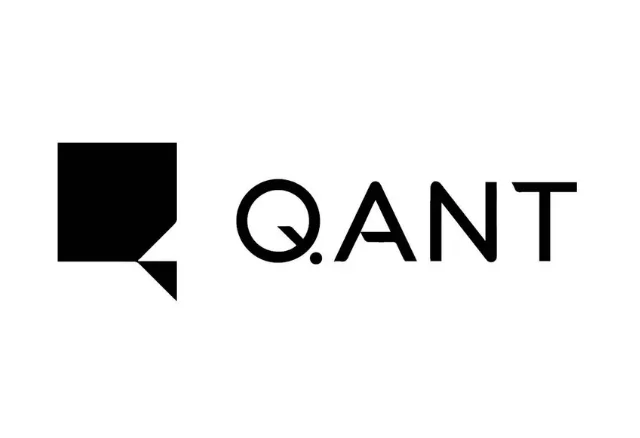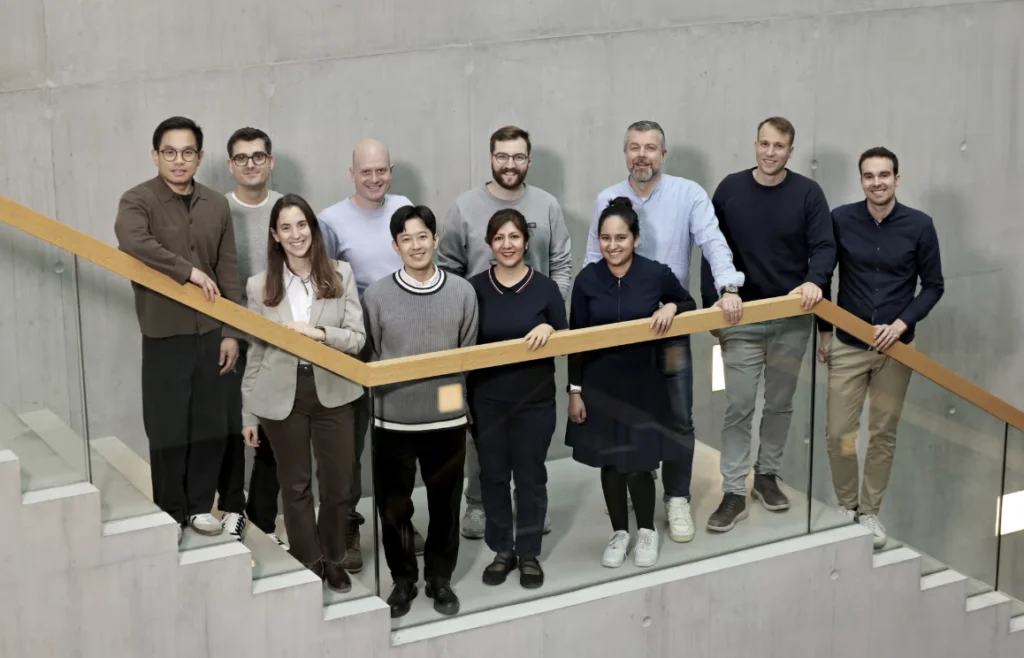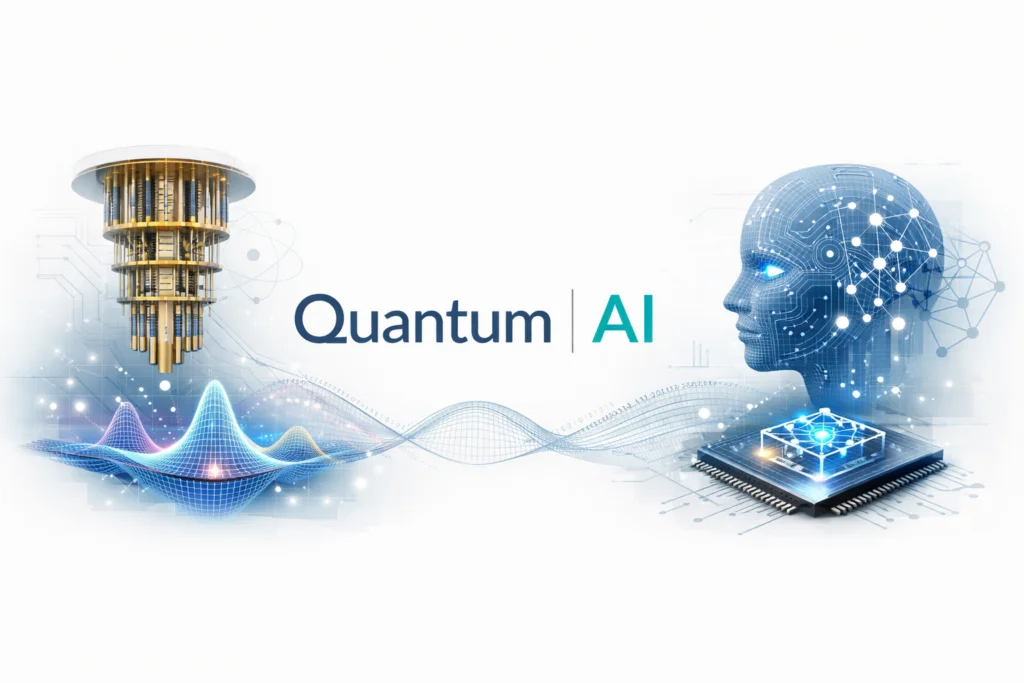Insider Brief
- The European High Performance Computing Joint Undertaking (EuroHPC JU) has launched a call for tender for the installation of the EuroQCS-France photonic quantum computer.
- EuroQCS-France will be a digital, photonic quantum computer, offering at least 10 physical qubits.
- This quantum computer will be coupled with the GENCI supercomputer Joliot-Curie.
PRESS RELEASE — The European High Performance Computing Joint Undertaking (EuroHPC JU) has launched a call for tender for the installation of the EuroQCS-France photonic quantum computer, a new EuroHPC quantum computer to be located in France.
EuroQCS-France will be a digital, photonic quantum computer, offering at least 10 physical qubits. The system will be hosted by GENCI (Grand Equipement National de Calcul Intensif, France), installed and operated at TGCC (Très Grand Centre de calcul du CEA (Commissariat à l’énergie atomique et aux énergies alternatives, France)), one of the three national computing centres operated by CEA in France. This quantum computer will be coupled with the GENCI supercomputer Joliot-Curie.
The EuroQCS-France photonic system will be available to a wide range of European end-users, from the scientific community to industry and the public sector. It will allow the exploration of numerous hybrid HPC-Quantum Computing workloads for topics such as electromagnetic simulation, structural mechanics, engine combustion, material simulation, meteorology and earth observation. This upcoming infrastructure will support the development of a wide range of applications with industrial, scientific and societal relevance for Europe, adding new capabilities to the European supercomputing infrastructure.

The acquisition and integration of quantum computers into existing HPC data centres is EuroHPC’s first initiative in directly procuring quantum computing hardware which will be owned by the EuroHPC JU.
In November 2023, the EuroHPC JU also launched a call for proposals on European Quantum Excellence Centres (QECs) to establish knowledge hubs for quantum computing and thus fostering the development of a quantum computing ecosystem. The call is open until 14 May 2024. To complement the upcoming quantum infrastructure, additional calls targeting the development of hybrid HPC-Quantum Computing middleware technologies, as well as hybrid algorithms and applications are planned for the near future, ensuring a holistic approach for the development of a European quantum computing ecosystem.
More details
The EuroQCS-Franceconsortium is led by GENCI as hosting entity and CEA as hosting site, with the University Politehnica of Bucharest (UPB, Romania), Forschungszentrum Jülich (FZJ, Germany) and Irish Centre for High- End Computing (ICHEC, Ireland) as members.
The total cost of the system is EUR 11.4 million and will be co-funded by the EuroHPC JU and France.
The closing date for submission of an application to tender is 5th March 2024 at 16:00.
More information can be found on the Funding & tender opportunities portal .
Background
On 27 June 2023, the EuroHPC JU signed hosting agreements with six sites across Europe to host & operate EuroHPC quantum computers.
The selection of six hosting entities followed the view of offering the widest possible variety of different European quantum computing platforms and hybrid classical-quantum architectures, giving Europe the opportunity to be at the forefront of this emerging field, and to provide European users with access to diverse and complementary quantum technologies.
This initiative offers a novel interpretation of quantum computers as accelerator platforms in genuine HPC environments. The foreseen integration will require essential R&D developments towards a hybrid software stack managing both HPC and quantum computing workloads. During the integration work, all Hosting Entities will collaborate closely with European Standardisation bodies.
These six quantum computers will come on top of two analogue quantum simulators currently being deployed within the EuroHPC JU project HPCQS which are based on neutral atoms, supplied by the French company PASQAL. HPCQS is the first initiative towards a federated European quantum computing infrastructure, tightly integrating two quantum computers, each controlling 100-plus qubits in the Tier-0 HPC systems Joliot-Curie of GENCI and the JUWELS modular supercomputer at the Julich Supercomputing Centre (JSC).
The EuroHPC JU is a legal and funding entity, created in 2018 and reviewed in 2021 by means of Council Regulation (EU) 2021/1173, with the mission to:
- develop, deploy, extend and maintain in the EU a world-leading federated, secure and hyper-connected supercomputing, quantum computing, service and data infrastructure ecosystem;
- support the development and uptake of demand-oriented and user-driven innovative and competitive supercomputing system based on a supply chain that will ensure components, technologies and knowledge limiting the risk of disruptions and the development of a wide range of applications optimised for these systems;
- widen the use of that supercomputing infrastructure to a large number of public and private users and support the development of key HPC skills for European science and industry.
In order to equip Europe with a world-leading supercomputing infrastructure, the EuroHPC JU has already procured nine supercomputers, located across Europe. Three of these EuroHPC supercomputers are now ranked among the world’s top 10 most powerful supercomputers: LUMI in Finland, Leonardo in Italy and MareNostrum 5 in Spain.
Additional supercomputers are underway including a EuroHPC exascale supercomputer, to be hosted by the Jules Verne consortium in France.
For more market insights, check out our latest quantum computing news here.

